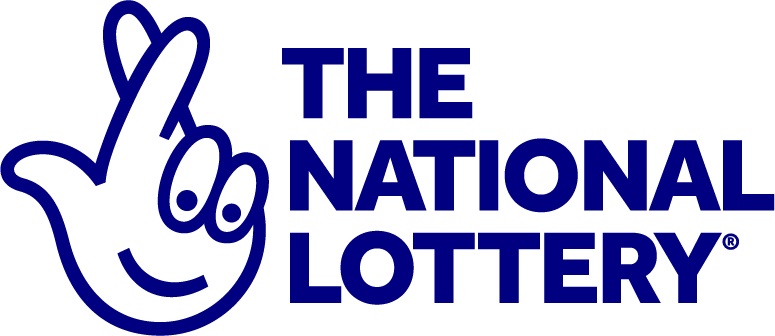- Print the full document
- Save the page as a HTML document to your device
- Save the page as a PDF file
- Bookmark it - it will always be the latest version of this document
This box is not visible in the printed version.
How we regulate the National Lottery
We are responsible for regulating the National Lottery, including the company which runs the National Lottery.
Published: 1 January 2021
Last updated: 30 December 2024
This version was printed or saved on: 8 February 2026
Online version: https://www.gamblingcommission.gov.uk/public-and-players/guide/how-we-regulate-the-national-lottery
Overview: We are responsible for regulating the National Lottery, including the company which runs the National Lottery.
Our legal responsibilities are:
- ensuring the Lottery is run with due propriety
- ensuring that the interests of all players are protected
- that returns to Good Causes are maximised.
How the lottery is regulated is set out in legislation, which you can find in our statutory framework. Under Section 11 of the National Lottery Act etc. 1993 the Secretary of State for Culture Media and Sport issues Directions to us in relation to the exercise of our licensing functions, which we must comply with. You can view the latest National Lottery DCMS Directions on our website.
We award the licence to run the National Lottery
The current UK National Lottery licence is due to expire in 2034.
We also grant licences for each game, or class of games, promoted as part of the National Lottery.
We adopt an outcome focused regulatory approach
The Commission’s approach to National Lottery regulation is outcome focused under the Fourth licence, giving the Licensee greater responsibility to fulfil its obligations, whilst retaining the ability to intervene if they do not.
A new incentive mechanism ensures that the Licensee’s incentives and delivery are better aligned with contributions to Good Causes. The mechanism is structured to align the interest of Good Causes and the Licensee by ensuring that any profits made in the operation of the National Lottery are shared between the Licensee and Good Causes. In addition, the Licensee must pay a ‘fixed contribution’ per Licence year to Good Causes.
This approach enables greater flexibility for the Licensee to adapt and innovate, so long as they meet the licence obligations. A Regulatory Handbook provides guidance to the Licensee on how the Commission will approach regulating the National Lottery. This sets out the regulatory approach; how performance of the Licensee is monitored; the reporting and assurance requirements of the licence; and the Commission’s enforcement policy.
Fourth National Lottery Regulatory Handbook - February 2024.
Who runs the National Lottery
The National Lottery is run by a commercial company, Allwyn (opens in new tab)
The legal entity of the company is Allwyn Entertainment UK Limited.
Allwyn hold the UK National Lottery licence
Allwyn's current licence runs until 2034.
Protecting the National Lottery brand
The National Lottery brand is one of the most recognised brands in the UK.

The National Lottery brand includes:
- the crossed fingers logo
- game logos.
We own the trademarks in the logos and license them to the company that runs the National Lottery, Allwyn Entertainment Limited.
As a condition of its licence, Allwyn must take action if the brand is being used inappropriately.
National Lottery projects
People running National Lottery-funded projects can use a version of the crossed fingers logo. We grant them 'distributing rights' to use the logo, to show the positive impact of funded projects in their community.
There is information about using the logo on the National Lottery Community Fund website (opens in new tab) .